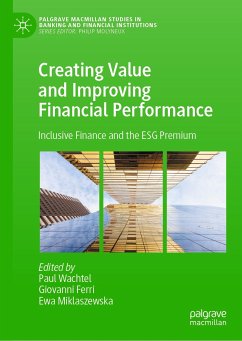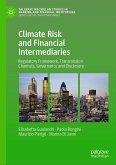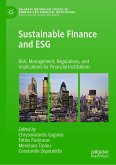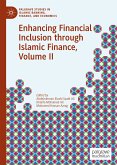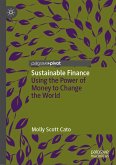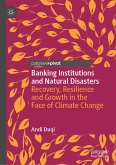The book emphasizes two post-pandemic issues: the role of financial education and inclusive finance, and responsible banking and ESG priorities. Individual chapters analyse how the pandemic shed new light on social and governance responsibilities: Major issues include the importance and efficiency of financial education, and the impact of ESG programs on firms' value, banks' probability of default, bank business models and reputation risk. The book also addresses investors' behaviour and the factors which may bias financial disclosure and reporting. By addressing whether the post-2008 crisis bank restructuring has effectively created a resilient andsustainable banking system - mostly from the European market's perspective - the book will be of interest to researchers, academics, policy makers, and professionals of banking and financial institutions.
Paul Wachtel is Professor Emeritus of Economics at the Stern School of Business, New York University. His research has been published in numerous journals, focusing on monetary policy, central banking and financial sector development. He was the co-editor of Comparative Economic Studies and is an Associate Editor of the Journal of Banking and Finance.
Giovanni Ferri is Professor of Economics at the Department of Law, Economics, Political Sciences and Modern Languages at LUMSA University. He also co-founded and chairs the master in management of SDGs and the Center for Relationship Banking & Economics, which fosters research for a better understanding of relational goods to promote society's wellbeing.
Ewa Miklaszewska is Professor ofEconomics at Cracow University of Economics, Poland, where she chairs the Department of Banking and Global Financial System, alongside being a guest lecturer at the Institute of Economics, Finance and Management of the Jagiellonian University. She is also a committee member of the European Association of University Teachers in Banking and Finance (The Wolpertinger Club).
Dieser Download kann aus rechtlichen Gründen nur mit Rechnungsadresse in A, B, BG, CY, CZ, D, DK, EW, E, FIN, F, GR, HR, H, IRL, I, LT, L, LR, M, NL, PL, P, R, S, SLO, SK ausgeliefert werden.

